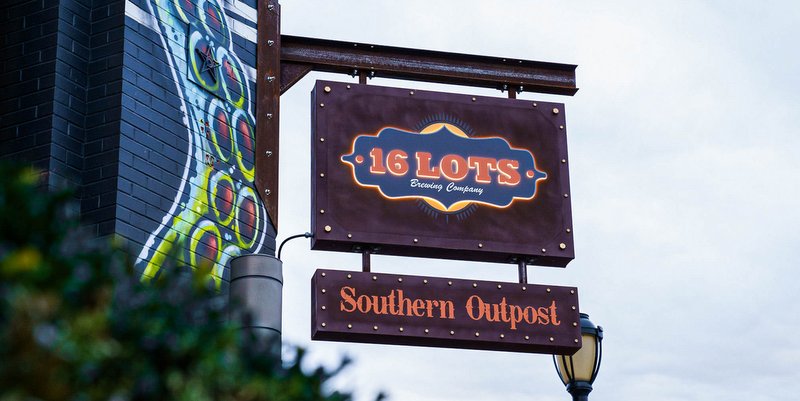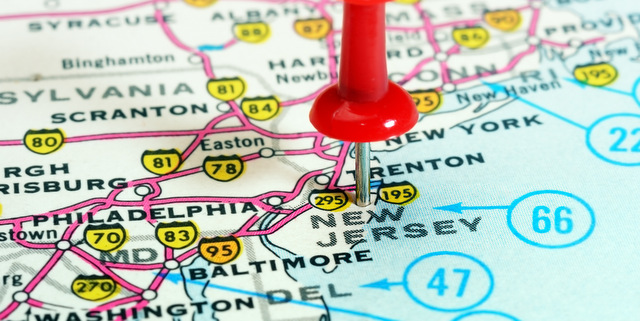
Numerous media outlets have recently reported on a public “pay-to-play” allegation made by a local craft brewer in Massachusetts that has since spawned other accusations across the state. Indeed, the manufacture, sale and distribution of alcoholic beverages is heavily regulated throughout the United States, and much of this regulation was born in the aftermath of prohibition. Many of the laws and regulations have remained unchanged from decades ago. The rapid expansion of the craft beer industry has drawn some of these regulations into question, highlighted the need for reform and increased craft beer customers’ awareness of why their favorite brew may not be offered at a particular establishment.
Craft breweries represent one of the few manufacturing growth areas in the United States. In 2013, craft beer production accounted for 7.8 percent of total beer consumption in the United States with the balance primarily represented by Anheuser-Busch and MillerCoors. Since 2007, over 20 breweries have opened in Massachusetts alone. In 2013, the positive economic impact on the state was estimated to be over $925 million.
Newburyport Brewing Co., which began production in 2012, set an industry standard in Massachusetts for small craft brewers by producing more than 5,000 barrels (bbls) in its first year. However, by comparison in the same year, Anheuser-Busch produced 104,000,000 bbls for consumption in North America alone. While craft beer as an industry encompasses a larger share of the market each year, individual breweries face many impediments to growth including direct competition against the “Walmarts” of the beer industry when trying to gain tap space. The uphill climb to break into this industry is difficult enough without facing a number of archaic laws and alleged illegal practices in the alcoholic beverage industry.
“Pay-to-play” is providing compensation (either monetary or goods in excess of a certain value) to establishments in order to secure the right to serve alcoholic beverages, most often to the exclusion of competitors. That practice is illegal under Federal Alcohol and Tobacco Tax and Trade Bureau (TTB) regulations, Massachusetts Alcoholic Beverages Control Commission (ABCC) regulations and most other states’ alcohol laws.
Reports have indicated that the ABCC has begun an investigation into the practice. The allegations include that distributors are buying tap systems, coolers and other items, as well as discounting products, to entice establishments to bump competitors from the tap. Establishments have been accused of being complicit in these actions by accepting payments and goods or in some cases, telling manufacturers and their distributors that payment will secure them a spot on the tap line. In essence, an illegal monopoly is created as the larger producers and distributors are the ones accused of being willing and able to provide these payments to keep startup companies out of lucrative establishments.
While these actions are illegal, some remain skeptical that the ABCC investigation will lead to any significant changes in the industry. The recent allegations and rumors flying around the internet claim that this is a widespread practice; however, past formal complaints to the ABCC have been limited and the issuance of violations for offenses has been non-existent. This could mean one of two things: Either the practice is not as widespread as some would believe or proving a violation of the regulations is very difficult. The ABCC, similar to many state regulatory bodies, does not have adequate resources (14 investigators who both review the license applications and conduct investigations into violations by licensees) to conduct major investigations into actions that do not deal directly with public safety or affect the general public. Additionally, “pay-to-play” allegations usually involve a private arrangement between the individual providing the unlawful compensation and the individual accepting it, neither of whom would be willing to admit wrongdoing.
Allegations of “pay-to-play” practices are not unique to Massachusetts. An exposé on this practice in Chicago was published a few years ago in Crain’s Chicago Business.
Notwithstanding these challenges, the craft beer industry and our lawmakers need to take steps to help ensure the elimination of any pay-to-play practices. Brewers and their distributors alone cannot police this activity, and exposing the practice to the public eye does little if there is no comprehensive followup by regulators to enforce the rules and put a stop to the practice. Individual operators are also justifiably concerned that “whistleblower” complaints could lead to a brewer or distributor being blacklisted by retail establishments or major distributors. Legislative protection for these complaints and severe penalties if retribution occurs would be a step in the right direction.
In addition, educating the relevant parties of the benefits of an open, competitive marketplace along with the economic benefits of carrying non-traditional craft beers is equally important. By doing so, pay-to-play practices can be thwarted at inception by creating a strong business relationship with the establishments that will benefit from serving these increasingly popular products.
This education of interested parties on the economic benefits of the expansion of the craft brewing industry can further help eradicate other archaic regulations facing the industry. Brewers face a time-intensive permitting and licensing process and, once open, they face difficulties finding a distributor that adequately serves small craft brewers. Current Massachusetts law makes it very difficult, if not impossible, to sever contracts with distributors regardless of whether the needs of the manufacturers are being served. “An Act Relative to Small Brewers,” a bill introduced in the beginning of 2013 by Rep. Alice Hanlon Peisch to amend the existing laws and provide brewers with some flexibility to sever distribution contracts is currently in committee. Modernization of these regulations will benefit the industry as a whole.
The continued success of the craft beer industry is of benefit to us all as it provides not just new and innovative products, but also positive economic impacts across the country. Our lawmakers need to recognize that and make every effort to ensure this success story continues and not end up discarded like so many other once proud, U.S.-based manufacturing businesses.


Martin Pomeroy is a partner at the Boston law firm of Bernkopf Goodman. He concentrates in complex business and real estate transactions with a focus on the hospitality industry. Eric Speed is an associate at the firm where he concentrates in business law with a focus on permitting and alcoholic beverage licensing.





RT @bastetbrewpub: The impact of ‘pay-to-play’ on #CraftBeer http://t.co/yLAc9ruiPV
The impact of ‘pay-to-play’ on #CraftBeer http://t.co/yLAc9ruiPV
The impact of ‘pay-to-play’ on craft brewers http://t.co/ctR43PKFyM via @craftbrewingbiz
RT @RegnierIns: The impact of ‘pay-to-play’ on #craftbrewers. http://t.co/3C7MgF887G via @craftbrewingbiz #craftbeer
RT @RegnierIns: The impact of ‘pay-to-play’ on #craftbrewers. http://t.co/3C7MgF887G via @craftbrewingbiz #craftbeer
The impact of ‘pay-to-play’ on #craftbrewers. http://t.co/3C7MgF887G via @craftbrewingbiz #craftbeer
The impact of ‘pay-to-play’ on craft brewers #PayToPlay #CraftBeer
http://t.co/j9jz7h6xfL
RT @HopSnobbery: The impact of ‘pay-to-play’ on craft brewers http://t.co/yDMCTSvtoP via @craftbrewingbiz
The impact of ‘pay-to-play’ on craft brewers http://t.co/yDMCTSvtoP via @craftbrewingbiz
RT @BrewandCovered: The impact of ‘pay-to-play’ on craft brewers…http://t.co/3SElrCS25S
The impact of ‘pay-to-play’ on craft brewers…http://t.co/3SElrCS25S
RT @CraftBrewingBiz: The impact of ‘pay-to-play’ on craft brewers: http://t.co/Rz1fkjZaOb #PaytoPlay #CraftBeer
RT @CraftBrewingBiz: The impact of ‘pay-to-play’ on craft brewers: http://t.co/Rz1fkjZaOb #PaytoPlay #CraftBeer
Brew & Be Covered – Texas liked this on Facebook.
RT @CraftBrewingBiz: The impact of ‘pay-to-play’ on craft brewers: http://t.co/Rz1fkjZaOb #PaytoPlay #CraftBeer